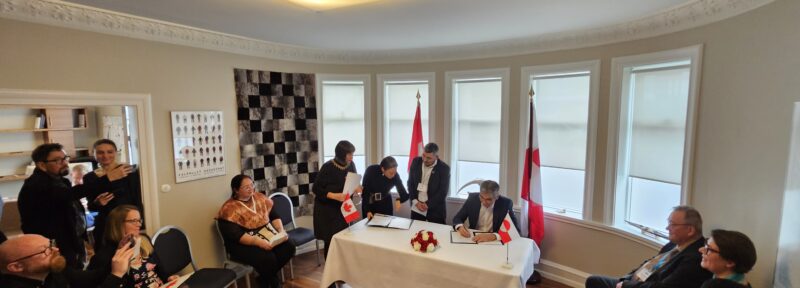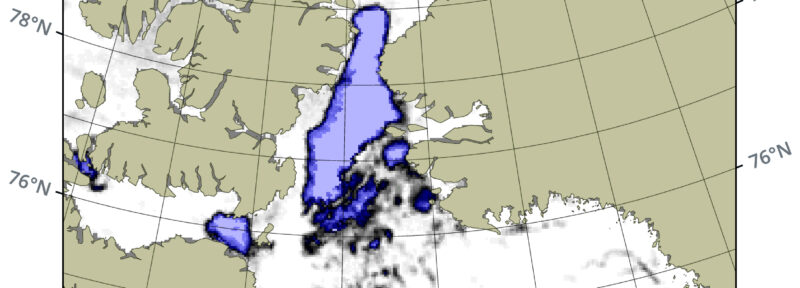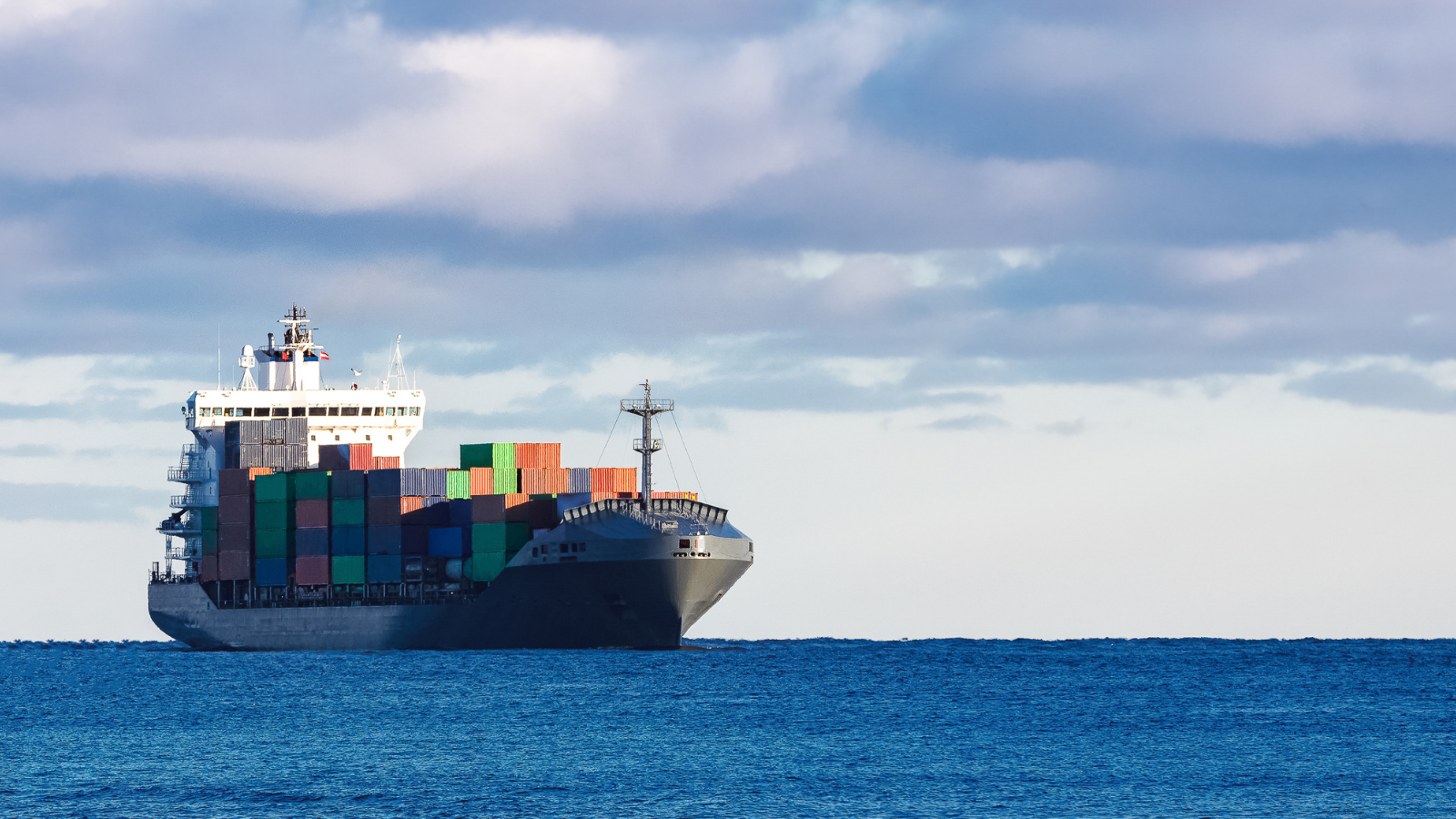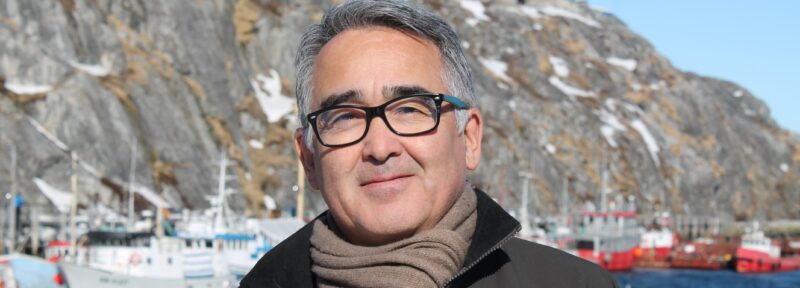Oceans North and Oceans North Kalaallit Nunaat Celebrate Inuit Circumpolar Council – Greenland’s Equator Prize Win
OTTAWA—Oceans North (ON) and Oceans North Kalaallit Nunaat (ONKN) are thrilled to jointly extend sincere congratulations to the Inuit Circumpolar Council (ICC) – Greenland for winning the prestigious United Nations Development Programme Equator Prize. ICC – Greenland’s remarkable work in gathering essential knowledge about the Arctic’s largest polynya, known as Pikialasorsuaq in Greenland and Sarvarjuaq in Canada, has earned them this well-deserved recognition.
ON and ONKN are privileged to have played a role in supporting the creation of the Pikialasorsuaq Commission and facilitating consultations in both Nunavut and Greenland. Since its inception in January 2016, the Pikialasorsuaq Commission has emerged as a symbol of optimism for the preservation of the largest Arctic polynya. Through comprehensive community consultations in both Nunavut and Greenland, this initiative aims to effectively protect Pikialasorsuaq through the world’s first bilateral, Inuit-led protected area.
At COP15 in Montreal last December, the UN Convention on Biological Diversity addressed the urgent need for ambitious conservation measures to tackle the unprecedented global biodiversity crisis. COP15 adopted the Kunming-Montreal Global Biodiversity Framework, which among other things aims to protect 30 percent of the world’s land and waters by 2030. This target acknowledges the critical role of protected areas in preserving the Earth’s rich array of species and ecosystems. In this context, safeguarding Pikialasorsuaq will make a pivotal contribution towards achieving these goals.
As the largest Arctic polynya and a biologically productive hotspot, Pikialasorsuaq nurtures a diverse range of marine species, many of which are essential for the resilience of Arctic ecosystems and communities. Preserving this unique habitat will enhance marine biodiversity and help mitigate the impacts of climate change.
The Pikialasorsuaq Commission also recommended enabling unrestricted movement between historically Inuit connected communities, who until recent decades travelled freely across the ice bridge north of Pikialasorsuaq since time immemorial. By creating a shared protected area, Pikialasorsuaq will ensure the continuity of these cultural connections, safeguarding traditions, values, and heritage that have been interwoven with the polynya’s rhythms for centuries.
Alfred Jakobsen, Kuupik Kleist, and Bjarne “Ababsi” Lyberth, alongside many other dedicated hunters and citizens of Qaanaaq, worked tirelessly to amass knowledge about Pikialasorsuaq. Their collective efforts have not only generated essential information but have also shaped the recommendations now integral to the Pikialasorsuaq Commission’s mandate.
“While this recognition is good news, the work to protect Pikialasorsuaq is not yet finished,” says Jenseeraq Poulsen, Executive Director of ONKN. “Through extensive community consultation, we know Inuit and Greenlanders are ready to proceed with the protection of Pikialasorsuaq. We urge Minister Lund and the Government of Greenland to honour their commitment to the Convention on Biological Diversity and recognize the profound cultural and ecological value of Pikialasorsuaq. A significant step forward would be the long-awaited signing of a letter of intent between Canada and Greenland/the Kingdom of Denmark to collectively preserve this vital region.”
“Nature knows no borders, and the work of the Pikialasorsuaq Commission serves as a powerful example of how collaboration and knowledge sharing are essential to our planet’s most precious places,” says Louie Porta, Executive Director at ON. “Oceans North congratulates ICC – Greenland and the Pikialasorsuaq Commission on this well-earned recognition, and we hope to see a long overdue agreement between Canada, Greenland and the Kingdom of Denmark to ensure the health and longevity of Pikialasorsuaq / Sarvarjuaq in perpetuity.”
For media inquiries or further information, please contact:
Alex Tesar
Communications Manager
[email protected]
More information:
- The UN Development Programme’s Equator Prize honours the profound impact of Indigenous Peoples and local communities in addressing global challenges. The laureates of this year embody the potential of innovative, nature-based solutions in achieving local development goals and bolstering resilience amidst complex economic, environmental, and social disruptions.
- The North Water Polynya, also known as Pikialasorsuaq / Sarvarjuaq, is a large and ecologically significant area of open water or recurring stretch of open water surrounded by sea ice in the Arctic Ocean. Pikialasorsuaq, referred to as “The Great Upwelling” in Greenlandic, sustains the lives and traditions of communities in Qikiqtani (Baffin Island) and Avanersuaq (Northwest Greenland) regions.
- The polynya supports a vast network of biodiversity including plankton, Arctic char, Arctic cod, Greenland cod, and Greenland halibut; Alcids, Arctic skua, Arctic tern, Atlantic puffin, black-legged kittiwake, common eider, ivory gull, little auk, Northern fulmar, Sabines gull, and thick-billed murre; marine mammals such as beluga, bearded seal, bowhead whale, harp seal, hooded seal, narwhal, ringed seal, polar bear, and walrus; Northern shrimp; and a great many benthic species.




